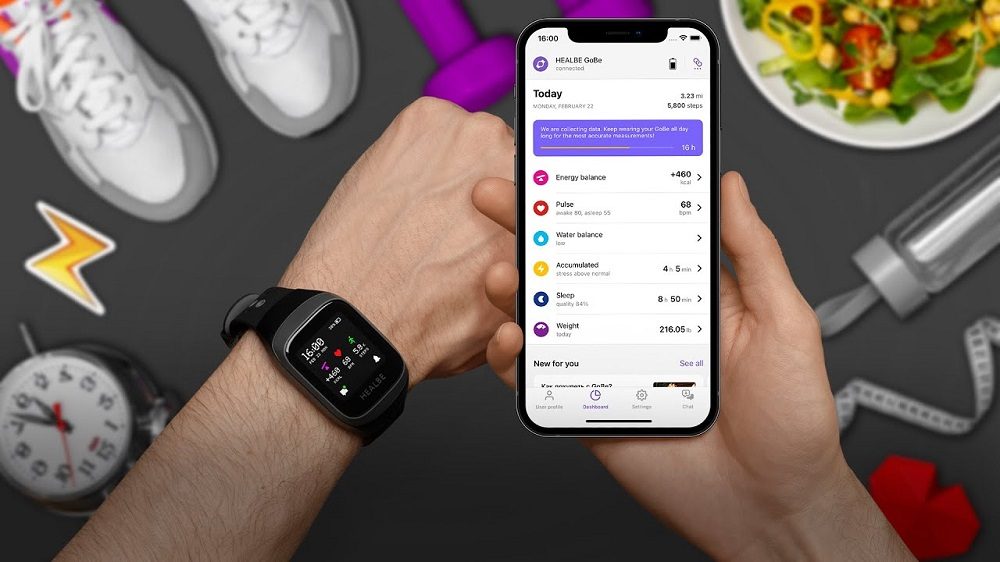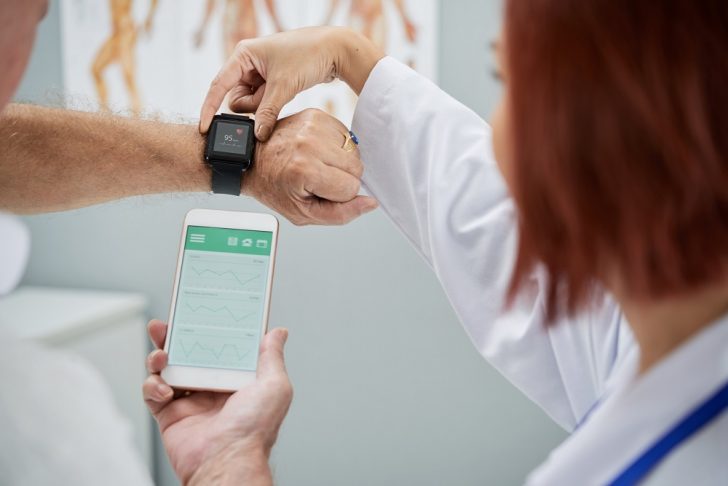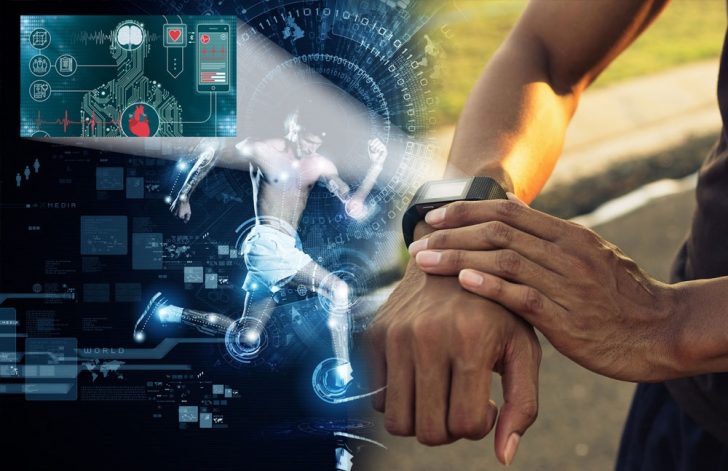
Wearable Technology Applications in Healthcare

The world of healthcare is evolving at an unprecedented pace, and wearable technology is one of the driving forces behind this transformation. These innovative devices, from smartwatches to fitness trackers, have become fashion statements and indispensable tools for monitoring and improving health.
In this article, we will explore the wide-ranging applications of wearable technology in healthcare, highlighting how these devices are revolutionizing the industry.
Remote Patient Monitoring
Wearable technology has made it possible to remotely monitor patients, allowing healthcare providers to closely monitor their conditions without the need for frequent in-person visits. This is particularly crucial for individuals with chronic diseases such as diabetes, heart disease, and hypertension.

iStock/ Pexels | From remote patient monitoring to mental health support, these devices offer a wide range of applications
For instance, continuous glucose monitors (CGMs) track blood sugar levels in real-time, providing valuable data for diabetes management. These devices alert patients and healthcare professionals to dangerous fluctuations, enabling timely interventions and reducing the risk of complications.
Personalized Fitness and Wellness
Wearable fitness trackers have become ubiquitous, motivating individuals to lead healthier lives. These devices, equipped with accelerometers, heart rate sensors, and GPS technology, provide insights into physical activity levels, sleep quality, and stress levels.
Users can set goals, track progress, and receive actionable recommendations for improving their well-being. In doing so, wearable technology empowers individuals to take charge of their health and make informed lifestyle choices.
Medication Adherence
Medication non-adherence is a significant challenge in healthcare, leading to worsened health outcomes and increased healthcare costs. Wearable technology solves this problem by providing medication reminders and tracking adherence.
Smart pill dispensers, for example, dispense medications at specified times and send notifications to patients’ smartphones. Some wearable devices can also monitor medication intake through sensors and provide adherence data to healthcare providers.

iStock/ Pexels | In the years to come, wearable technology will play an increasingly prominent role in shaping the future of healthcare
Emergency Response and Fall Detection
For elderly individuals or those with mobility issues, falls can have severe consequences. Wearable devices with built-in accelerometers and gyroscopes can detect sudden movements indicative of a fall. In the event of a fall, these devices can send alerts to caregivers or emergency services, ensuring rapid assistance and potentially saving lives.
Mental Health Support
Mental health is a growing concern worldwide, and wearable technology is stepping in to provide much-needed support. Devices like smartwatches can monitor heart rate variability, sleep patterns, and activity levels, valuable indicators of emotional well-being.
Furthermore, wearable apps and sensors are being developed to help individuals manage stress and anxiety through guided breathing exercises, meditation prompts, and biofeedback. These tools empower users to take proactive steps in managing their mental health.
Postoperative Care
Wearable technology enhances postoperative care by allowing physicians to monitor patients after surgery closely. Smart garments equipped with sensors can track vital signs, movement, and wound healing progress. This real-time data helps healthcare providers identify complications early and adjust treatment plans accordingly.
Health Data Integration
Interoperability is a significant challenge in healthcare, with patient data often scattered across various electronic health record systems. Wearable technology can help bridge this gap by seamlessly integrating health data into healthcare ecosystems.
Physicians can access a patient’s wearable-generated data alongside traditional medical records, enabling a more comprehensive view of their health. This integrated approach fosters better-informed decision-making and promotes continuity of care.

Polina Tankilevitch/ Pexels | Wearables are creating a world of seamlessly usable real-time data services
Early Disease Detection
Wearable devices are increasingly being used for early disease detection and prevention. For example, researchers are developing wearables capable of detecting early signs of conditions like atrial fibrillation, a leading cause of stroke. By continuously monitoring heart rhythms, these devices can identify irregularities and prompt users to seek medical attention.
Clinical Trials and Research
Wearable technology is also significantly impacting clinical trials and medical research. Researchers can collect real-world patient data in a non-invasive manner, allowing for more extensive and diverse study populations.
Additionally, wearables enable remote monitoring of study participants, reducing the need for frequent clinic visits and improving patient retention. This streamlined approach accelerates the pace of medical research and enhances our understanding of various diseases.
More in Fitness
-
`
Amanda Bynes Pregnant at 13? Debunking the Rumors
In recent years, the internet has been ablaze with rumors surrounding former child star Amanda Bynes, particularly regarding allegations of a...
July 1, 2024 -
`
Can Baking Soda Clean Your Lungs?
Years of inhaling cigarette smoke, pollution, and other toxins can leave you longing for a way to cleanse your lungs. The...
June 27, 2024 -
`
How to Build Muscle Mass After 60? 5 Proven Strategies
Curious about how to build muscle mass after 60? You are not alone. And the good news is that it is...
June 20, 2024 -
`
Prediabetic Foods That Can Lower Your Blood Sugar in 2024
Prediabetes is a health condition characterized by blood sugar levels that are higher than normal but not high enough to be...
June 13, 2024 -
`
Kelly Clarkson’s Weight Loss Journey | Here Are the Details
Kelly Clarkson’s weight loss has been a hot topic among fans and media alike. The iconic American singer and host of...
June 3, 2024 -
`
Essential Vitamins for Gut Health – A Comprehensive Guide
Our gut does more than just digest food – it plays a vital role in immunity, mood, and overall health. But...
May 30, 2024 -
`
Looking to Build A Stronger Sculpted Back? Try Cable Back Workouts
Back workouts using cables, or cable back workouts as they are commonly known, have become the gold standard for anyone aiming...
May 22, 2024 -
`
How Much Water Should I Drink on Creatine? Hydration Tips
Creatine, a popular supplement among athletes and fitness enthusiasts, has gained widespread recognition for its ability to enhance muscle strength, power,...
May 17, 2024 -
`
What Is Bruce Willis’s Net Worth? Get the Inside Scoop Here!
Bruce Willis, the action hero who has saved the day countless times on screen, has built a legendary career. But how...
May 11, 2024















You must be logged in to post a comment Login